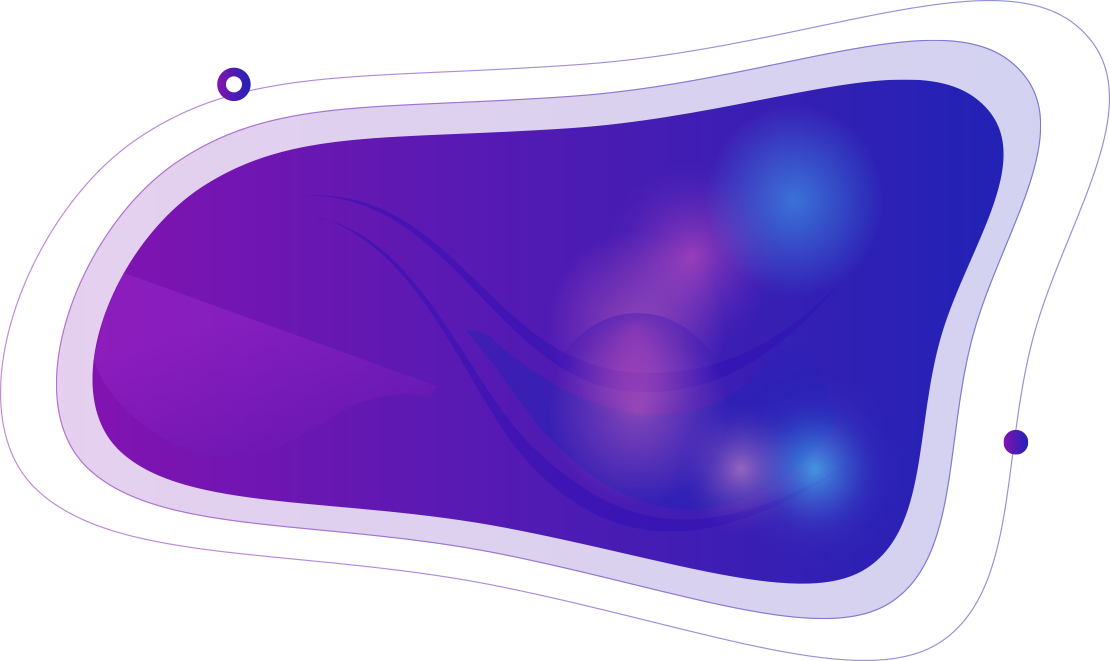Finding the Side Opposite to a Given Angle in a Triangle
The side of a triangle is equal to 14, and the angles adjacent to it are 45 and 105 degrees. To find the side opposite to the angle in question, we can use the Law of Sines.
The Law of Sines states that in any triangle, the ratio of the length of a side to the sine of its opposite angle is constant. In other words, a/Sin(A) = b/Sin(B) = c/Sin(C), where a, b, and c are the sides of the triangle and A, B, and C are the opposite angles.
Applying this to our problem, we can set up the following equation: 14/Sin(45°) = x/Sin(105°), where 14 is the known side, x is the unknown side, and 45° and 105° are the known adjacent angles.
Solving for x, we get x = 14 * Sin(105°)/Sin(45°) = 21.73. Therefore, the side opposite to the angle in question is approximately 21.73 units long.
Remember, always draw a diagram and label the sides and angles correctly when solving for unknowns in a triangle. It helps to visualize the problem and avoid confusion.


